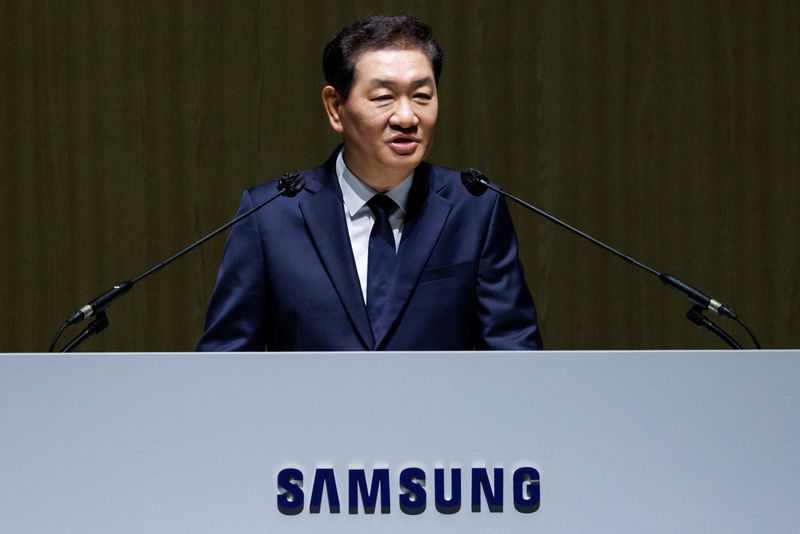Neuralink by Elon Musk: Could It Manipulate Personal Thoughts?
 |
| Exploring the Potential Risks and Revolutionary Impact of Brain-Computer Interface Technology |
Elon Musk’s brain-science company, Neuralink, has sparked global debate over its cutting-edge brain-computer interface (BCI) technology. While some hail it as a groundbreaking innovation capable of transforming lives, others fear it could lead to dystopian outcomes, raising serious concerns about privacy, autonomy, and even the potential manipulation of human thoughts.
The first human to participate in Neuralink’s clinical trials, Noland Arbaugh, experienced a life-altering accident in 2016 at the age of 22. While swimming in a lake, a friend accidentally dove onto Arbaugh’s head, causing severe spinal injuries though his neck remained intact. The accident left him quadriplegic, with control limited to slight head nods and shoulder shrugs. In a recent interview with The Guardian, Arbaugh reflected on his injury, stating, “I’m fortunate not to have suffered brain damage—my brain is the last part of me I can truly control.”
After eight years of living with quadriplegia, Arbaugh underwent a pioneering procedure in January 2024, becoming the first person to receive Neuralink’s N1 implant chip. The surgery, which lasted less than two hours, was followed by intensive daily practice—around four hours a day—to master the BCI system. This involved learning to move a computer cursor, click on targets, and make precise adjustments using nothing but his thoughts.
Thanks to this revolutionary brain implant, Arbaugh can now control digital devices purely through mental commands. Despite living in a small town in Arizona’s Sonoran Desert and relying on an electric wheelchair for mobility, he has regained a remarkable level of digital independence. He navigates the internet, writes messages using a virtual keyboard, and even plays chess and fast-paced video games with impressive skill—often outperforming able-bodied opponents.
Before the implant, Arbaugh relied on a mouth stick to operate his iPad, a cumbersome method that required constant readjustment by others when the stick slipped. Now, he finds the experience of controlling a computer so seamless that he sometimes forgets how extraordinary his new abilities are. However, the technology is not without limitations. Typing remains relatively slow, as Arbaugh can only manage about 25 words per minute by mentally directing a cursor to individual letters.
While Neuralink’s BCI chip represents a leap forward in brain-machine technology, it’s important to note that BCI itself is not a new concept. Experiments using animal brains date back to the late 1960s, and the first BCI chip for human use, the Utah Array, was developed in 1992. In 2004, another quadriplegic patient, Matthew Nagle, had a chip implanted by researchers at Brown University, enabling him to control a computer and even play music using only his thoughts.
What sets Neuralink apart is its wireless functionality and superior performance compared to earlier models. The Utah Array uses 100 electrodes to read neural signals, whereas Neuralink’s chip boasts 1,024 electrodes implanted directly into the brain, offering enhanced data collection and more precise control. This advancement significantly increases the potential applications of BCI technology, from restoring mobility to enabling complex mental commands.
However, Arbaugh and other experts are acutely aware of the darker side of BCI technology. There are growing fears that neural data could be intercepted, leading to unprecedented privacy violations. The idea that someone could "eavesdrop" on thoughts generated by neural activity is no longer purely the stuff of science fiction. More alarmingly, some researchers warn that BCI systems could be used not just to read thoughts but to manipulate them—altering memories, inducing artificial emotions, or even creating hallucinations.
Despite these risks, Elon Musk remains determined to accelerate the development of Neuralink’s BCI technology. His urgency is partly fueled by the fierce technological rivalry between the United States and China, with both nations vying for dominance in this emerging field. Musk has boldly predicted that within the next 20 years, hundreds of millions of people could have Neuralink chips implanted in their brains.
As the technology rapidly evolves, experts emphasize the urgent need for comprehensive regulations. Without proper safeguards, BCI could easily shift from being a tool of empowerment to one of surveillance and control. The future of brain-computer interface technology hangs in a delicate balance—poised between revolutionary benefits and potentially dangerous consequences.



Comments
Post a Comment